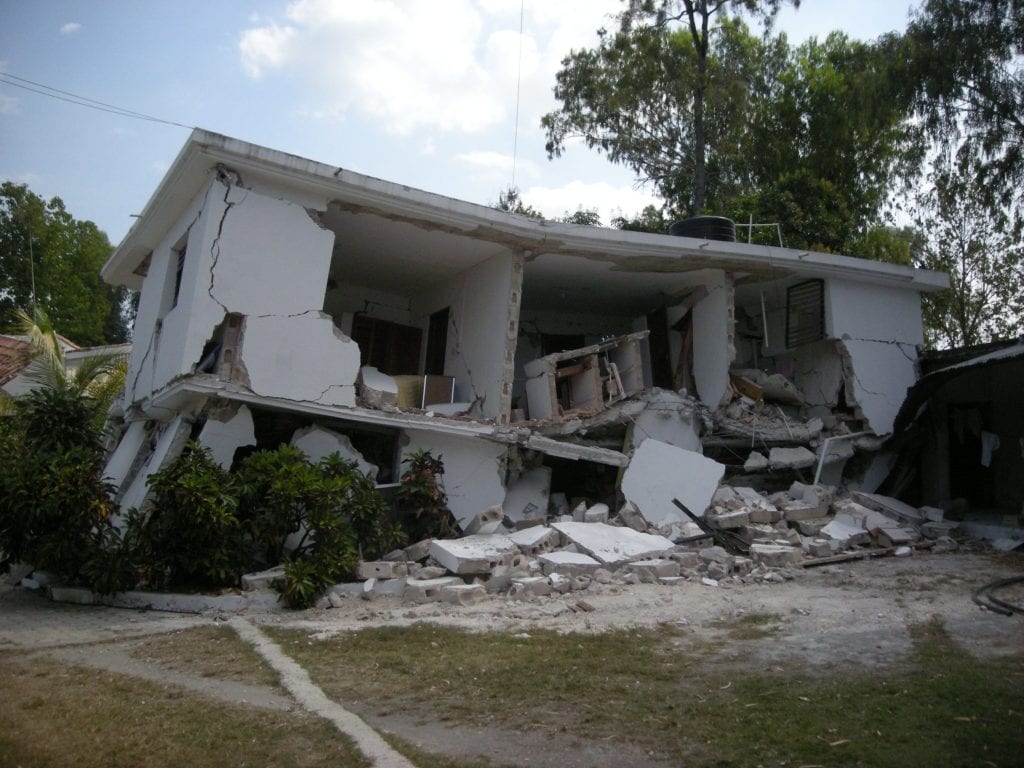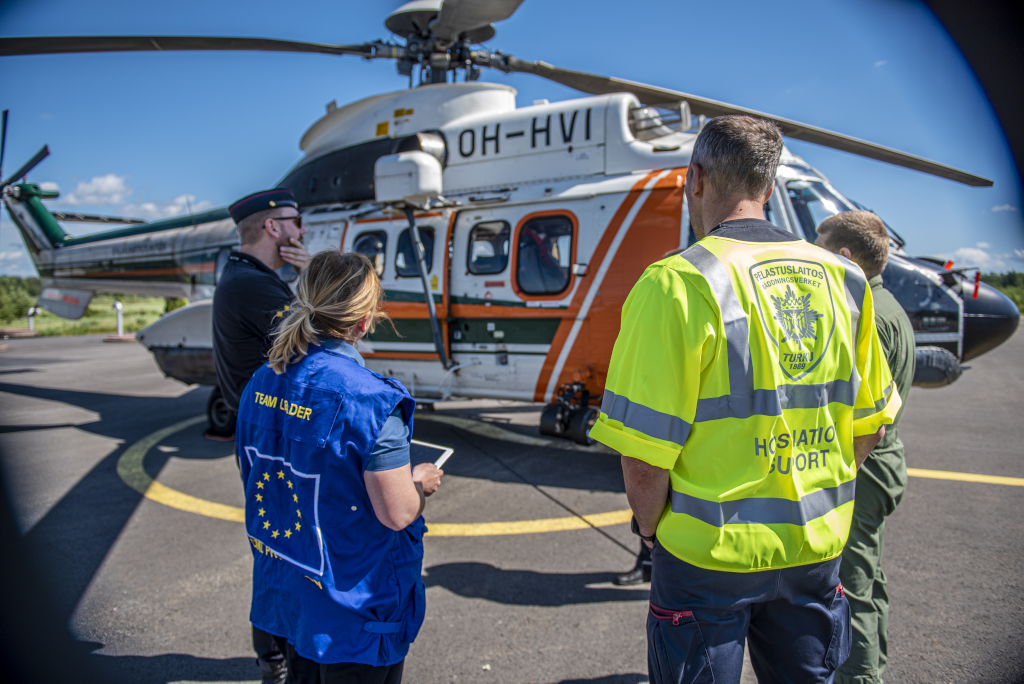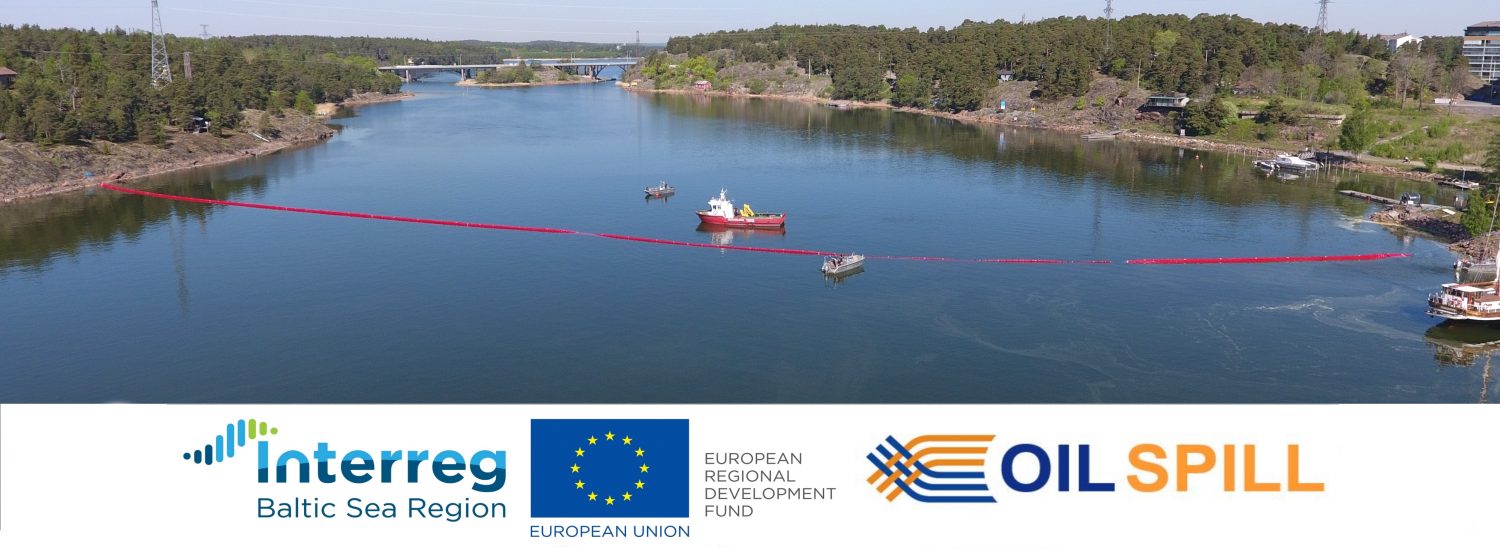Mikael Mattila (SWFES): Host Nation Support – Crucial element of national resilience and disaster preparedness
Mikael Mattila, SWFES

When a natural or a manmade disaster hits, the affected countries sometimes have to rely on the solidarity of others by requesting international assistance. In such cases, the government of the affected country issues a request to the international community.
We all know about these disasters through news, or even experienced such a situations ourselves. Possibly, we have donated money for a cause after a massive earthquake or a widely destructive tsunami. It is very common after a disaster that the influx of assistance, from the international community, is abundant.
The receiving nation, as a sovereign state, always has the right to choose and select the form of assistance it receives from another state. In some cases, the amount of incoming assistance or number or relief teams runs a risk of overwhelming the local authorities and their handling capacities. By doing this, we as the international community create a situation where we generate more issues in the existing situation.
In most of the cases, the issues that usually hinders the arrival of assistance are lack of procedures or knowledge in one or more levels of governance. To minimise the possibility of the occurrence of such situations, related to incoming assistance, a supporting system should exist and been put into action. Moreover, it should be an intrinsic element of national resilience. It has become more and more common that countries have, as part of their national response mechanism, a Host Nation Support system.
Within the European Union exists the Union Civil Protection Mechanism. The mechanism aims to strengthen the cooperation of its participating states in the field of civil protection and emergency preparedness and response. Through the mechanism the European Union, by the contribution of its member states, is able to respond to the requests for international assistance addressed to the EU.
The participating states of the mechanism are required to have a Host Nation Support (HNS) system in place, to have the capacity to receive any assistance requested from the European Union. Host Nation support is the removal of, as much as possible, any foreseeable obstacles to international assistance and ensure that any response operations proceed smoothly. Support can be given in multiple forms, for example as logistics, support on entry procedures or providing a base of operations to the incoming relief teams. It can also be support given to any form of assistance in transit through a participating state to a third party country.
Especially in the European Union, there are set of agreements and guidelines to assist the affected countries to receive international assistance in the most effective and efficient manner. It is the duty of every participating state to produce their own Host Nation Support guidelines, based on these aforementioned documents.
In Finland, for the field of emergency services, the responsible authority for HNS is the Ministry of the Interior. Under steering of the Ministry, the regional emergency services are the implementors of Host Nation Support. They will carry out and coordinate the activities and liaison with other authorities, such as Customs, Border Guards and other relevant actors.
Southwest Finland Emergency Services, in cooperation with the Ministry of the Interior, are creating a new national Host Nation Support operational manual for Finland. The Host Nation Support project is funded by the Fire Protection Fund of Finland. The aim of the project is to create a modifiable model for the use of all regional emergency services in Finland and to create a standard operating procedure to receive incoming assistance, both national and international.

When a disaster hits, the race is always against time. Time to save lives. With such mechanisms like host nation support systems in place, nations are more prepared to receive assistance and support from those who have come to their aid.
European Commission (2012): EU Host Nation Support Guidelines
Follow and discuss on Twitter with the hashtag #HnsFinland

mikael.mattila@turku.fi

Leave a Reply